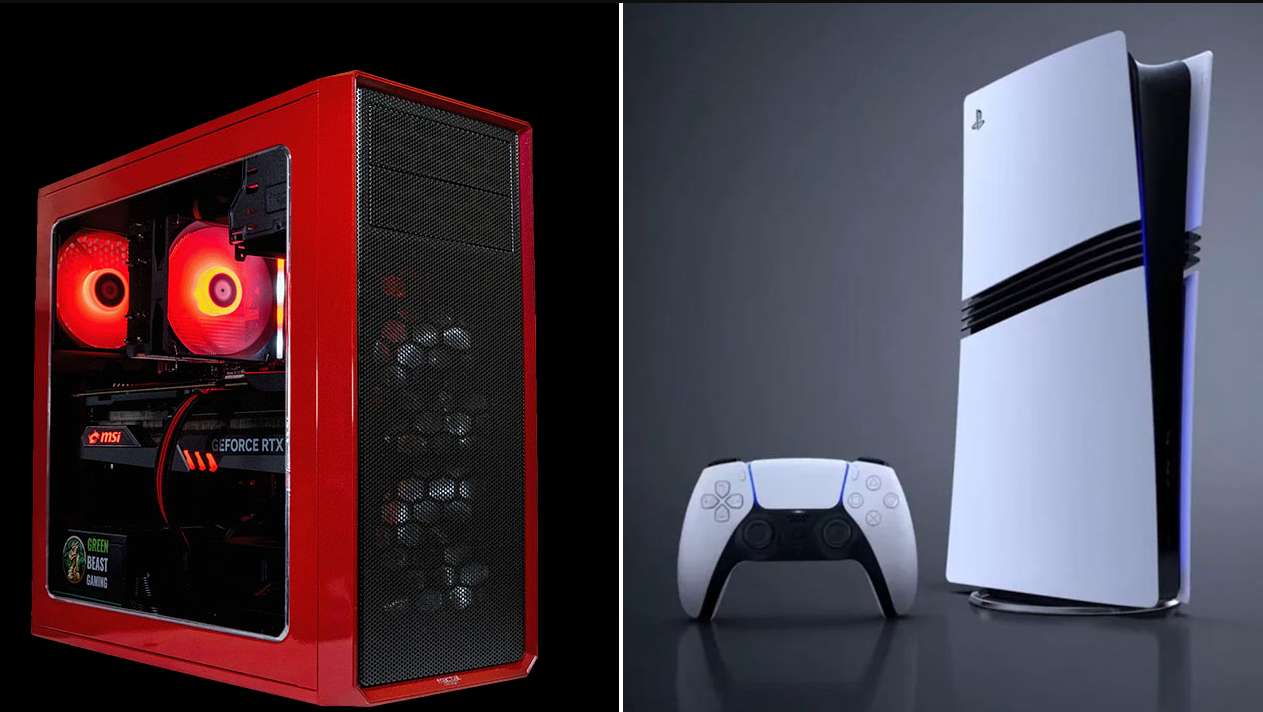Selecting a compressor for your refrigerator is a key aspect that affects the efficiency, reliability and cost-effectiveness of the unit. Compressors come in different types, each with unique characteristics, pros and cons.
| Compressor type | Main Features | Advantages | Disadvantages |
| Piston | – Efficiency: Medium – Noise level: High – Service life: Medium – Price: Low | – Low cost – Reliability – Easy to repair and maintain | – High noise level – Vibrations – Less energy efficiency |
| Screw | – Efficiency: High – Noise level: Medium – Service life: High – Price: High | – Low noise level – High efficiency in continuous operation – long service life | – High cost – Difficulty in maintenance – More space is required |
| Centrifugal | – Efficiency: Very High – Noise level: Low – Service life: High – Price: Very High | – Very high efficiency – Minimum noise level – long service life | – Very high cost – Difficulty in installation and maintenance – Suitable mainly for large systems |
| Linear | – Efficiency: High – Noise level: Low – Service life: Very high – Price: Medium-High | – Low noise level – High energy efficiency – Very long service life | – Above average cost – Difficulty of repair – Requires precise control of operation |
This data provides a general overview of the different types of refrigerator compressors. For more accurate information and to select a specific model, it is recommended to refer to manufacturers’ specifications and user reviews.
1. Piston Compressors
- Characteristics: Piston compressors work on the principle of a piston that compresses and pumps refrigerant. This is the traditional and most common type.
- Pros: Low cost, high reliability, easy repair and maintenance.
- Cons: Higher noise and vibration levels than other types.
Brands that frequently use this type of compressor:
- Whirlpool
- LG (in some models)
- Samsung (in some models)
- Bosch
- Electrolux
2. Screw Compressors
- Characteristics: Screw compressors use two interacting screws to compress refrigerant. Often used in industrial refrigerators.
- Pros: Less noise and vibration, high efficiency in continuous operation.
- Cons: High cost, difficult to maintain.
Examples of brands:
- Carrier
- Trane (industrial systems)
- Daikin (commercial refrigerators)
3. Centrifugal Compressors
- Characteristics: Centrifugal compressors compress refrigerant by centrifugal force generated by a rotating disc.
- Pros: High efficiency, low noise level.
- Cons: High cost, difficult to install and maintain, mainly used in large refrigeration systems.
Examples of brands:
- York (industrial systems)
- Carrier (industrial systems)
4. Linear Compressors
- Features: Linear compressors use electromagnets to move the piston directly, reducing friction and wear.
- Pros: Low noise level, high energy efficiency, long service life.
- Cons: Above average cost, difficult to repair.
Brands using this type:
- LG (some models, e.g. with Inverter Linear technology)
- Samsung (some models)
Energy efficiency and environmental friendliness
Current trends point to the importance of energy efficiency and environmental friendliness in compressor selection. Energy efficient models reduce operating costs and environmental impact.
Tips for choosing
1. Needs assessment
Before choosing a compressor, you need to determine what type of refrigerator you are using or planning to buy, as well as how often and how intensively it will be used. For domestic refrigerators, reciprocating compressors are most often suitable, while for commercial or industrial refrigeration systems, screw or centrifugal compressors are better suited.
2. Energy efficiency
Energy efficiency is an important aspect affecting operating costs. High efficiency compressors such as linear compressors, although more expensive to purchase, can save significantly on electricity bills in the long term.
3. Noise level
If noise level is an important factor for you, it’s worth considering linear or screw compressors, which are generally quieter than reciprocating compressors.
4. Reliability and durability
Research user reviews and reliability ratings for various brands and models of compressors. In general, reciprocating compressors have a good reputation for reliability and durability, especially in the home.
5. Cost and maintenance
Consider the initial purchase price and potential maintenance and repair costs. Piston compressors are generally less expensive to purchase and maintain, while screw and centrifugal compressors may require more expensive maintenance.
6. Eco-friendliness
Many countries have environmental regulations that can influence the choice of compressor. This applies both to the refrigerants used and the overall energy efficiency of the unit.
7. Consultation with professionals
Do not hesitate to seek professional advice. Refrigeration specialists can provide valuable advice based on your budget, needs and operating conditions.
Conclusion
The choice of compressor for a refrigerator depends on many factors, including the size of the refrigerator, the expected intensity of use, budget and priorities in terms of noise and energy efficiency. Piston compressors are suitable for domestic refrigerators due to their reliability and affordability. For commercial and industrial refrigeration systems, screw or centrifugal compressors are better suited. Linear compressors are an excellent choice for those looking for a quiet and energy efficient model.
Understanding these aspects will help you make an informed choice that will ensure your refrigeration system is reliable and economical for years to come.
Get your choice of refrigerator compressor and make the most of it with reBITme. We wish you a favourable and successful shopping experience!




